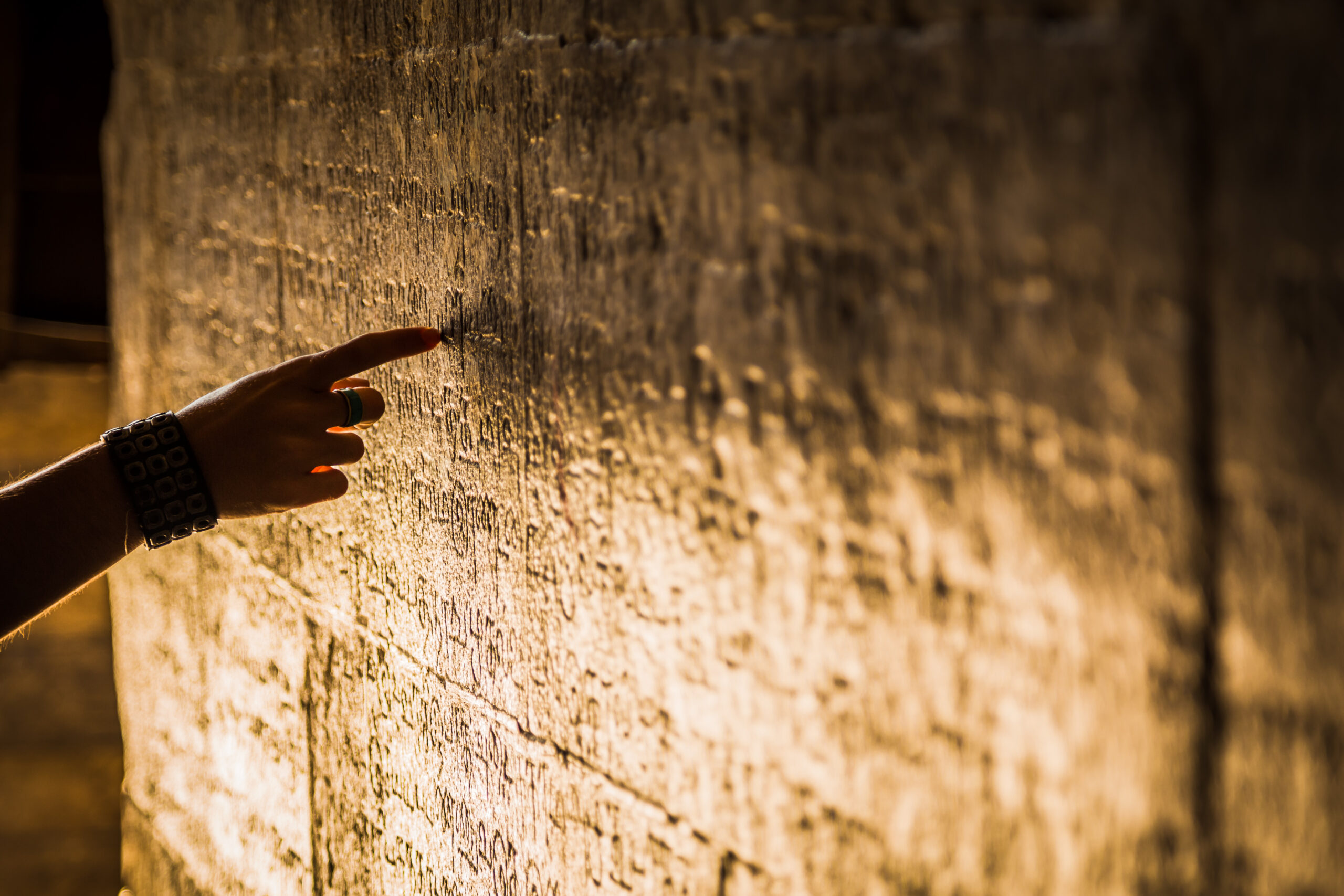There is something deeply human about looking toward the sky and wondering what it would feel like to leave the ground. Whether in myth, art, science, or dreams, the desire to fly is one of our most persistent and poetic obsessions. From the wings of Icarus to the blueprints of Leonardo da Vinci, from lucid dreams to the silent drift of astronauts, we have long imagined the sensation of soaring above the world — not just to defy gravity, but to transcend it. This article explores the layers beneath our longing for flight: psychological impulses, cultural narratives, and the ways in which flight reflects something profound about the human spirit.

Outline
- The Mythic Origins of Flight
- Flight as a Metaphor for Freedom
- The Psychology of Flight Dreams
- Modern Interpretations: Aviation and Space
- What Our Obsession Reveals About Us
- FAQs
The Mythic Origins of Flight
Long before humans engineered wings of metal, we gave flight to our gods, heroes, and monsters. In nearly every ancient culture, the sky was sacred—a place of the divine, unreachable by mere mortals. The story of Icarus and Daedalus is perhaps the most famous of these myths: a tale of ambition, danger, and the price of getting too close to the sun. In Mesoamerican cultures, the feathered serpent deity Quetzalcoatl symbolized the union of earth and sky. In Hindu tradition, Garuda, a divine eagle-like being, carried gods across dimensions.
These stories are not just fanciful legends. They reflect something deeper: the belief that flight grants access to a higher realm—not only physically, but spiritually. To fly is to rise above the mundane, to reach something greater than ourselves.
Flight as a Metaphor for Freedom
Flight is one of the most powerful metaphors in human language. We “take off” in new projects, “soar” when we succeed, and “fall” when we fail. In literature, flight often represents escape, liberation, or enlightenment. Think of Toni Morrison’s Song of Solomon, where flying becomes a symbol of reclaiming ancestral identity and spiritual emancipation.
For those oppressed or confined—whether by society, body, or circumstance—flight has long represented the ultimate freedom. Enslaved people in the Americas once imagined flying back to Africa, a recurring theme in African-American folktales. For them, wings meant more than travel; they meant release, return, and justice.
The Psychology of Flight Dreams
In our dreams, we often lift off effortlessly, weightless and free. These flying dreams are among the most commonly reported across cultures and ages. According to psychologists, they often appear during periods of personal growth or emotional liberation.
What flying dreams may symbolize:
- Freedom from constraint – emotional, physical, or psychological
- Desire for control – the ability to rise above a difficult situation
- Spiritual elevation – feeling “higher” in purpose or understanding
Lucid dreaming—a state in which the dreamer is aware and can control the dream—often involves flight as a first act. Why? Because it is the ultimate assertion of will. In a world where anything is possible, we choose to fly.
Modern Interpretations: Aviation and Space
The Wright brothers’ first powered flight in 1903 did more than make history—it fulfilled a dream that stretched back thousands of years. With the birth of aviation came a new era of thinking. Flight was no longer myth; it was mastery.
Yet as soon as we conquered the skies, we turned our eyes to space. Yuri Gagarin, the first human in orbit, famously said, “I see Earth. It is beautiful.” His words echo the ancient myths: to fly is to see the world anew.
Astronauts often report the “overview effect”—a profound shift in perspective upon seeing Earth from space. Many describe feelings of unity, humility, and an urgent need to protect the planet. This modern version of flight is not just physical but existential.

What Our Obsession Reveals About Us
The desire to fly is more than a wish for speed or altitude. It is a longing to transcend limits—of the body, of the mind, of the known world. Flight is a metaphor for our best instincts: to explore, to connect, to rise above.
Whether in dreams or spacecrafts, the act of flight reminds us that we are creatures of imagination and restlessness. We build wings not because we are meant to fly, but because we refuse to stay grounded.
FAQs
1. What does it mean if I often dream about flying?
Flying dreams are commonly associated with freedom, personal growth, or overcoming obstacles. If you feel stuck in waking life, your subconscious may express a desire to “rise above” through symbolic flight.
2. Why do so many ancient myths involve flying beings?
Flight has long been linked to the divine or supernatural. Myths involving flying deities or creatures often symbolize power, transcendence, or a connection to higher realms.
3. Is there a scientific reason we find flying so fascinating?
Yes. Psychologists suggest our fascination stems from both evolutionary and symbolic roots: as grounded creatures, the idea of overcoming gravity triggers awe and taps into our deepest desires for autonomy and discovery.








